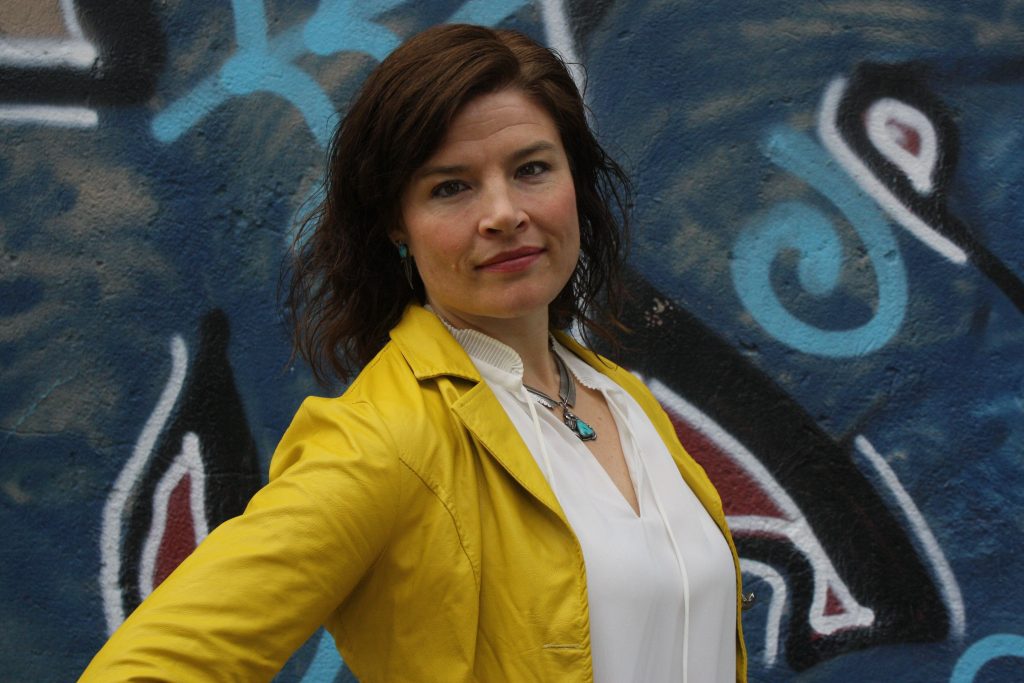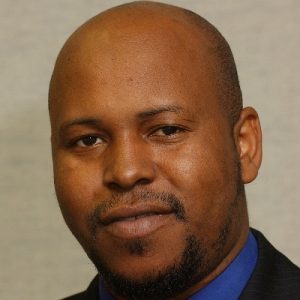Introduction
Religious violence and radicalization are among the most pressing global challenges today. Traditional responses—military interventions, activism, and policy initiatives—often fail to provide long-term solutions. Enter Simulating Religious Violence, a thought-provoking documentary that introduces an innovative approach: using computer simulations and artificial intelligence to predict and prevent religiously motivated violence.
Produced and directed by Jenn Lindsay, the film follows an elite team of computer scientists and religious scholars as they develop AI-powered models to analyze the root causes of religious violence. From the Boston Marathon Bombing to the refugee crisis in Greece, this research sheds new light on how human identity, group conflict, and extremism intersect.
Project Overview
- Objective: The documentary explores the efforts of the Modeling Religion Project (MRP) to build AI-driven simulations that analyze how religious beliefs, and social dynamics contribute to conflict. The ultimate goal is to provide data-driven policy recommendations to predict and prevent future acts of religious violence.
- Background: Prompted by events like the Boston Marathon Bombing, the team recognized the need for innovative solutions to understand the complexities of religious extremism. Traditional approaches often fall short in addressing the multifaceted nature of radicalization, necessitating a more nuanced method.
- Key Research Questions
- Can computer simulations predict when and where religious violence will occur?
- What factors contribute to religious radicalization?
- How do identity and group dynamics play into violent extremism?
- Can AI-driven insights be translated into policy recommendations?
Methodology
- Approach: The team employs agent-based modeling to simulate interactions within artificial societies. This involves creating virtual agents that represent individuals or groups, each programmed with specific behaviors and characteristics. By observing these interactions, researchers can identify patterns and potential triggers for radicalization.
- Tools & Techniques: Utilizing advanced computational tools, the project integrates data from various sources to inform the simulations. This includes demographic data, social dynamics, and historical incidents of religious violence. The simulations allow for the testing of different scenarios to assess potential outcomes and intervention strategies.
Focus Areas
Religious Identity & Radicalization
The documentary highlights how religious identity plays a central role in the radicalization process. Researchers use simulations to examine the psychological and social factors that push individuals toward extremism.
AI in Social Sciences
This project is one of the first to apply artificial intelligence to social science research. The goal is to formulate evidence-based recommendations for policymakers that mitigate the risk of religious violence, and shaped humanitarian efforts.
The Refugee Crisis & Religious Violence
One of the key findings of the project is the link between forced migration and radicalization. By studying refugee populations, researchers have identified key stressors that make certain individuals more vulnerable to extremist recruitment.
- Understanding Radicalization: Investigating the social, psychological, and environmental factors that contribute to an individual’s path toward radical beliefs.
- Predictive Modeling: Developing models that can forecast potential hotspots for religious violence based on current social dynamics.
- Policy Development: Formulating evidence-based recommendations for policymakers to implement strategies that mitigate the risk of religious violence.
Meet the Team
Impact & Real-World Applications
Policy Development
- The project has generated policy recommendations aimed at helping governments develop data-driven interventions against religious violence.
- AI models are now being used to assess risks in different geopolitical regions.
Predicting Extremism
- Researchers have identified key social triggers that can lead to radicalization.
- The models offer early warning systems for potential outbreaks of violence.
Transforming Religious Studies
The film demonstrates how AI can revolutionize the study of religion, moving beyond traditional qualitative research.
Conclusion
The “Simulating Religious Violence” project represents a pioneering effort to harness technology in understanding and preventing religious extremism. By combining expertise from computer science and religious studies, the team offers a comprehensive approach to addressing a complex global challenge.
To learn more about the project and support its initiatives, visit the official website at Simulating Religious Violence. Engage with the documentary to gain deeper insights into the innovative methods being employed to combat religious violence
Related Research & Studies
- “A Generative Model of the Mutual Escalation of Anxiety Between Religious Groups” – Journal of Artificial Societies and Social Simulation
- “Why do the Godless Prosper?” – Journal of the Psychology of Religion and Spirituality
- “Agent-Based Modeling of Social Conflict”by Carlos M. Lemos
- Shults, Wildman, Gore, Lane, Lynch, and Diallo, “Modeling terror management theory: Computer simulations of the impact of mortality salience on religiosity,” Religion, Brain & Behavior, 2017.
- Gore, Lemos, and Shults, “Forecasting Changes in Religiosity and Existential Security with an Agent-based Model,” Journal of the Artificial Social Simulation Society, 2018.






